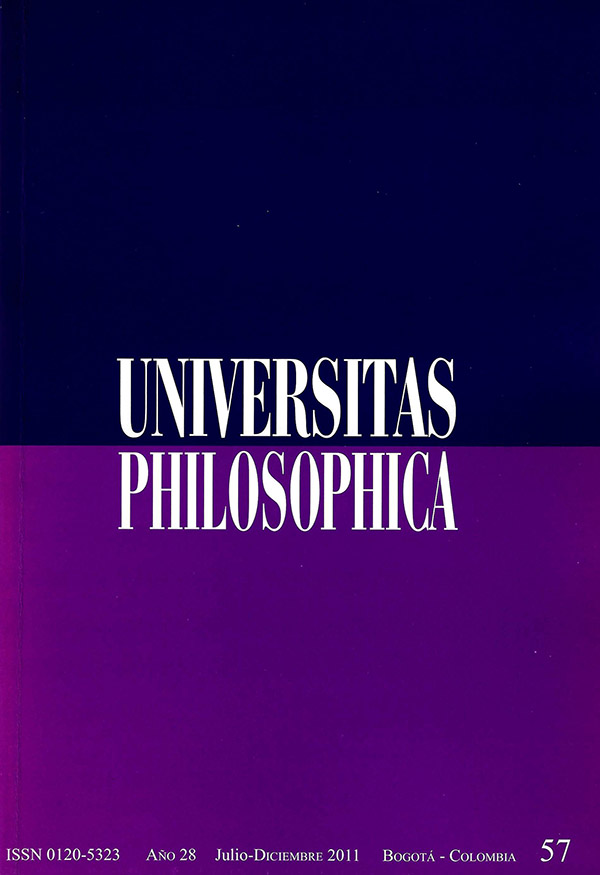Abstract
Poverty and democracy keep complex relationships studied enough by social scientists. This article does not turn on these approaches and won’t emphasize governance problems arising from poverty; it will present the philosophical and political criticism to the democratic ideal that results when considering poverty as a deprivation of individual liberty, as Amartya Sen does. Interpreting the poverty in this way, it is faced direct and problematically with a system of government that just makes freedoms and human freedom in general, its nerve center.
This article argues that the presence of poverty casts doubts on living in very democratic societies, because it questions the purpose and essence of these, while challenging them to think how they can become just societies. The text begins with a philosophical interpretation of poverty from some Sen’s ideas. Then the analysis focuses on the relationship could be established between lack of freedom and the political community, according to Aristotle, Baruch Spinoza and John Locke. The text ends with three challenges poverty makes to democracies
This journal is registered under a Creative Commons Attribution 4.0 International Public License. Thus, this work may be reproduced, distributed, and publicly shared in digital format, as long as the names of the authors and Pontificia Universidad Javeriana are acknowledged. Others are allowed to quote, adapt, transform, auto-archive, republish, and create based on this material, for any purpose (even commercial ones), provided the authorship is duly acknowledged, a link to the original work is provided, and it is specified if changes have been made. Pontificia Universidad Javeriana does not hold the rights of published works and the authors are solely responsible for the contents of their works; they keep the moral, intellectual, privacy, and publicity rights.
Approving the intervention of the work (review, copy-editing, translation, layout) and the following outreach, are granted through an use license and not through an assignment of rights. This means the journal and Pontificia Universidad Javeriana cannot be held responsible for any ethical malpractice by the authors. As a consequence of the protection granted by the use license, the journal is not required to publish recantations or modify information already published, unless the errata stems from the editorial management process. Publishing contents in this journal does not generate royalties for contributors.


